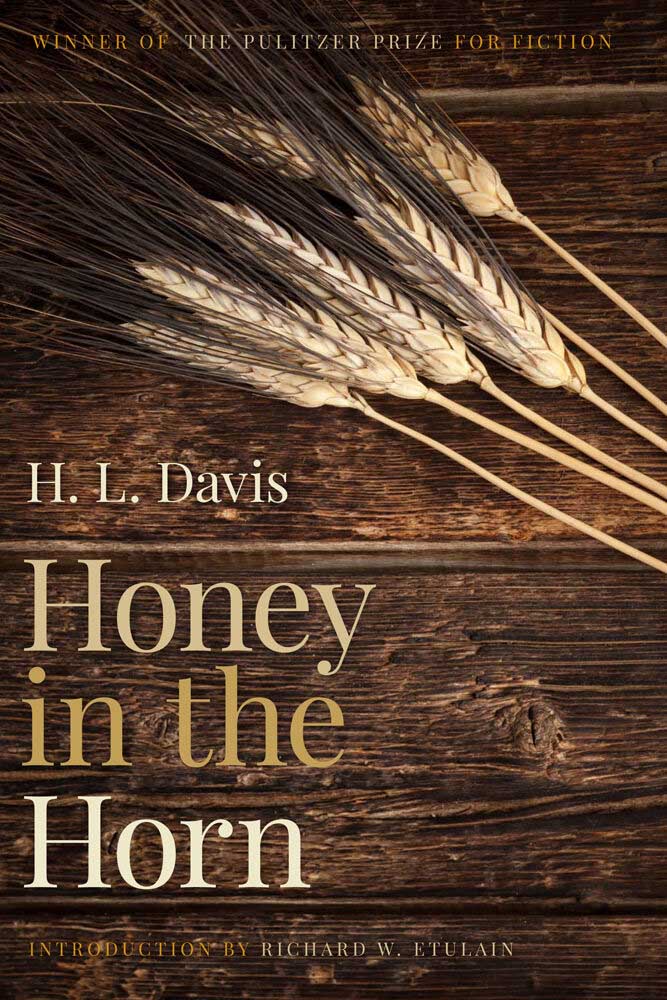Pulitzer winner takes readers on crazy journey
Published 3:00 am Tuesday, December 12, 2023

- 9780870717680.jpeg
It’s obvious “Honey in the Horn” was written in a different era.
Trending
The Pulitzer Prize-winning novel by H.L. Davis takes the reader back to homesteading days in southwestern Oregon before labor-saving devices and destination resorts.
Young Clay Calvery, the star of this show, finds himself uprooted, one step ahead of the law, after being talked into doing a favor for his boss that went sideways.
Davis is not your modern writer. Sentences ramble, line after line. Paragraphs run on for pages. Long descriptions of flora and fauna bring the “people story” to a screeching halt.
Trending
In the 1930s when the book was published in the heart of the Great Depression, competition for readers’ time wasn’t so blatant. There was no TV, no Internet. People had attention spans longer than eight seconds.
Davis introduces a crowded cast of characters in an uncrowded land in this historical fiction novel that takes place in the early 1900s. When Clay takes up with a horse trader’s family, pursuing a love interest, we travel to the darker side of life.
Interesting characters abound. Some show up, are given long introductions and, mysteriously, disappear for the rest of the tale.
A few are hermits, wrapped tightly in loneliness. When they at last see other people, the hermits launch into excruciatingly tedious stories. If something happened at 10 at night, for example, they begin their story with getting up in the morning and what they had for breakfast. They then describe their day hour by hour, detail by trivial detail, before getting to the juicy part.
By then, their audience’s eyes glaze over.
Speaking of eyes, Davis, like all good writers, has a splendid eye for detail. Take his description why people were willing to live on the Oregon coast despite the dismal weather.
“A man with a sharp stick could dig more clams in half a day than a horse could carry,” Davis writes. “Every storm stranded big salmon in the freshwater inlets … and shoals of little black candle smelt ran some days in the creek mouths so thick they could be thrown ashore with a shovel.”
While the story progresses slowly, heroes and villains emerge. A sheepherder saves his flock intent on drowning themselves. A bullying land owner, feeling entitled, attempts to take a horse that is not for sale.
While the pace is plodding, the story is full of humanity. Young lovers chased by demons find their path in life to be not quite what they had imagined.
These early settlers are not conquering the wilderness but learning to live with its mood swings.
Davis is richly evocative. He introduces readers, through Clay’s travels, to settlers engaged in a variety of occupations, from storekeeper to lumber mill operator.
The author offers a sense of place and time. We are in a place of dirt roads that end at river’s bank, with an Indian ferry across. Horses are the mode of transportation. Settlement is sparse. Nature has yet to be beaten back, much less conquered.
The ending seems contrived. But then again, this is fiction. Anything goes.
Meander along if you have plenty of time on your hands — and an attention span longer than eight seconds.









